I've written a small tool for archiving data from my Entity Framework code-first driven database.
I'm testing it thoroughly and I'm coming to a point where I'm trying it with large amounts of data. Where it comes to some problems. For example I got timeouts or exceptions like this sometimes:
Deadlock found when trying to get lock; try restarting transaction.
I know what transactions are and I guess Entity Framework is making them for all of its changes in one DbContext so in case any of them or the entire thing fails when SaveChanges() is called nothing is actually changed (short side questions: can I then simply run SaveChanges() again?)
What I want to know is this: since I need to delete different batches of information throughout my database (after exporting it) I'm constantly creating dbcontext's for each of those batches.
Should I create transactions manually for every batch and commit them all at once at the very end?
I'm studying Informatics and learn about transactional information systems in one of my courses. How is it possible with Entity Framework to create a meta transaction for all my single transactions when deleting batches of data, so all the data that is spread throughout the database is only really deleted when everything worked well, like this:
Or is there a better way to solve the entire thing?
